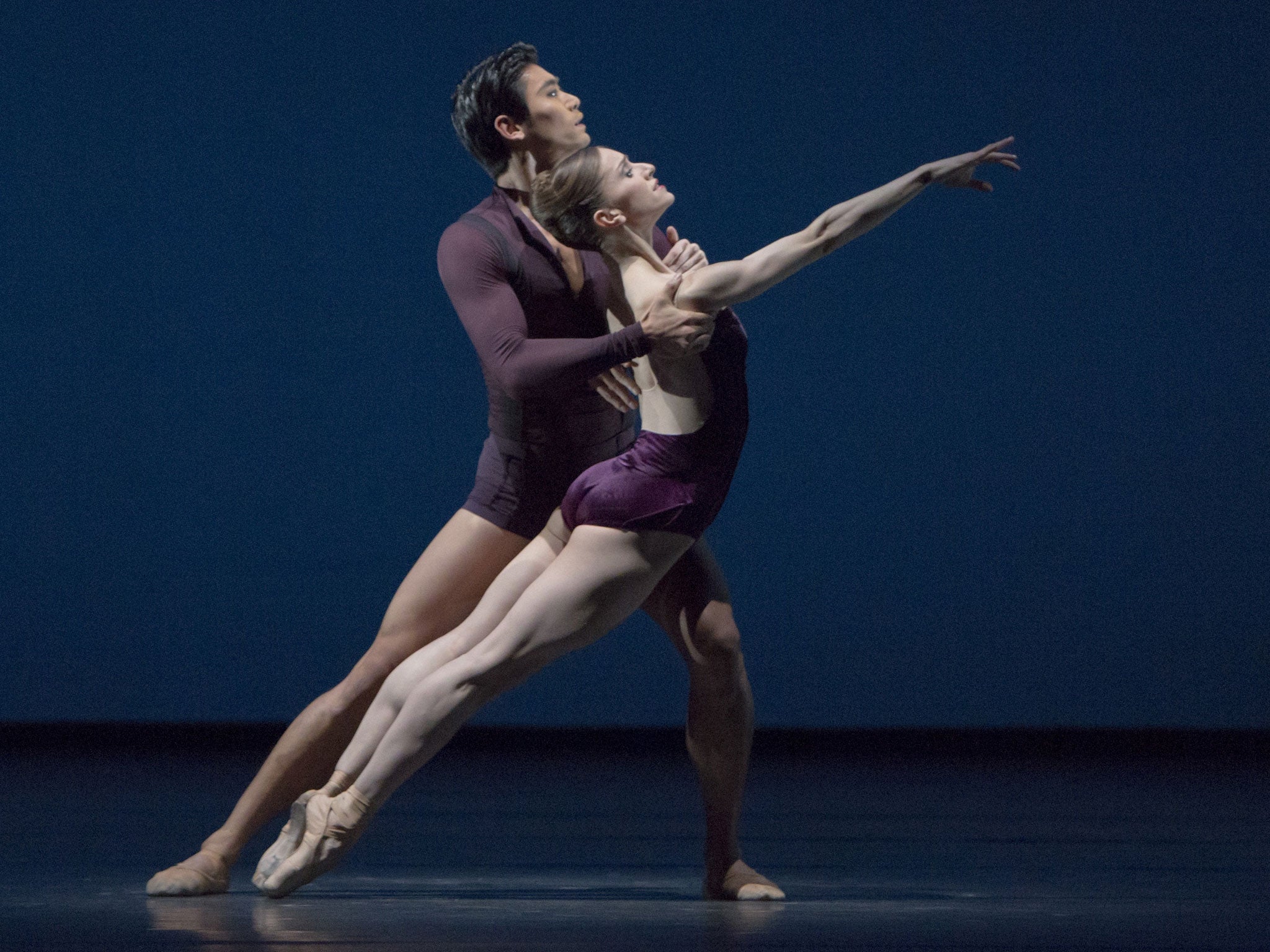Stars join charity to warn of eating-disorder 'risks' for ballet pupils

Your support helps us to tell the story
From reproductive rights to climate change to Big Tech, The Independent is on the ground when the story is developing. Whether it's investigating the financials of Elon Musk's pro-Trump PAC or producing our latest documentary, 'The A Word', which shines a light on the American women fighting for reproductive rights, we know how important it is to parse out the facts from the messaging.
At such a critical moment in US history, we need reporters on the ground. Your donation allows us to keep sending journalists to speak to both sides of the story.
The Independent is trusted by Americans across the entire political spectrum. And unlike many other quality news outlets, we choose not to lock Americans out of our reporting and analysis with paywalls. We believe quality journalism should be available to everyone, paid for by those who can afford it.
Your support makes all the difference.The head of a leading charity for people affected by eating disorders has called for stricter regulations in dance schools over concerns that ballet dancers are not given enough support at a vulnerable age.
Susan Ringwood, chief executive of Beat, said such disorders were "still a significant issue in the industry", and that the charity was "concerned".
"There should be more regulation of how schools operate," she said. "There isn't a structure for dancers... Ballet is a wonderfully expressive art form, but for some there are real risks."
Eating disorders such as anorexia, bulimia and binge eating among dancers prompted the Royal Ballet School to introduce a policy on the issue in May.
Samantha Titchell, 25, who trained in a range of dance forms including ballet, suffered with an eating disorder during her training, and called for nutritional guidelines.
She said: "Some of my dance teachers were just as bad; they passed on terrible habits about barely eating anything." Ms Titchell, who started dancing at the age of three, developed an eating disorder at 15 when a friend in her dance class started losing a lot of weight. "It's that competition, to keep up. She ended up in psychiatric hospital and didn't make it. That's the worst case I came across," she said. "I knew it was an issue but ignored it."
Ms Titchell is now a geologist after giving up dancing five years ago and is "much better".
Marianela Núñez and Thiago Soares, two stars from the Royal Ballet, which has worked to raise awareness of the issue, cut the ribbon at the new £1.2m adult eating disorders unit at the Bennion Centre at Glenfield Hospital in Leicester last month.
Last year, Dame Monica Mason, former director of the Royal Ballet, told the Dance UK conference on nutrition and disordered eating in dance that any dance director who claimed never to work with an anorexic performer was "lying".
Ms Ringwood said: "We need more people to feel able to treat eating disorders and spot it as early as possible. Ballet is certainly a high-risk area. More people coming forward for health and treatment is good. It is still very stigmatised though."
Join our commenting forum
Join thought-provoking conversations, follow other Independent readers and see their replies
Comments